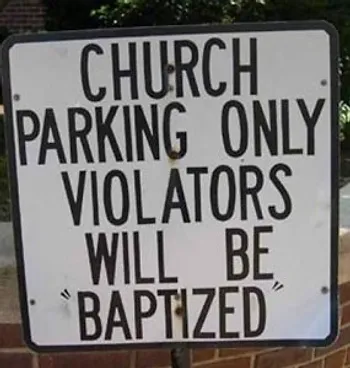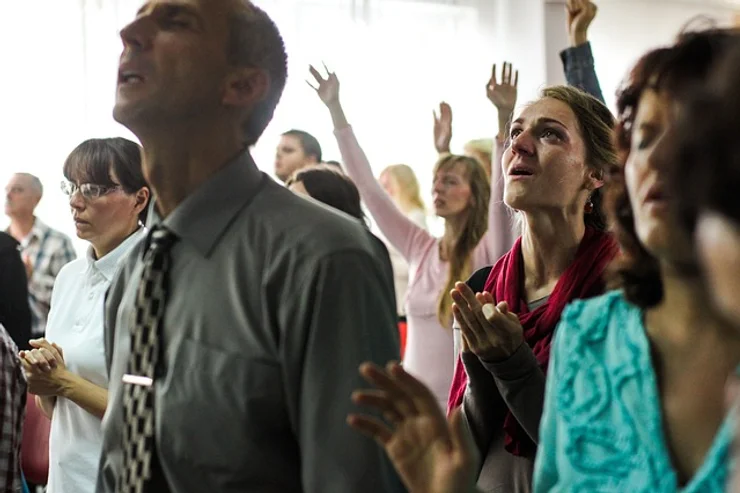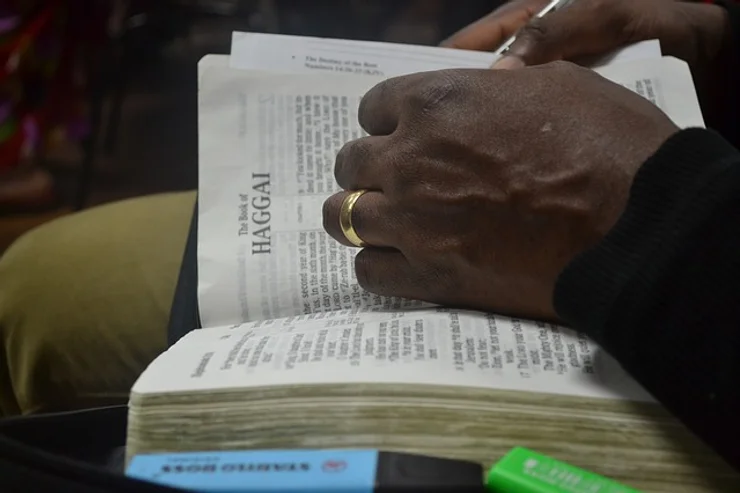If you’re not yet sure how you feel about attending a church, please see my post on being a churchless Christian.
The universal church is all followers of Christ everywhere, also referred to as the Body of Christ. Today, I want to talk about church shopping as it pertains to the local church.
Now some of you may have been invited to church and maybe have already followed an “invitation” or an “altar call” to the front of this same church. If this is the case, then this church has fulfilled one of its functions, but that does not necessarily make it the best church for you (please notice I did not say “perfect” church).
For those who have not yet been to a church service and are simply seeking, this post will equally apply to you.
So, what considerations go into church shopping? We must be careful that we do not forgo the fundamentals in our selection.

What are secondary things?
- Is the church conveniently located?
- Are there convenient service times?
- Is the parking situation convenient?
- Do they have a good coffee shop (or no coffee shop)?
- Do we enjoy the music or the musicians during worship time?
- Do they have a good logo that looks good on my car or my shirt?
- Do we enjoy the music or the musicians during worship time?
- Are the lights, sound, screens, and website all acceptable?

I am not even trying to call anybody out for wanting good coffee. I’m simply saying that these things – all of these things – are secondary things. We first should be sure that a church has its primary things together before any of the above things are considered.
What are the primary things?
- To worship and glorify God
- To grow the Body of Christ
- To edify the Body of Christ
These three functions will be present in most churches in varying degrees. When a church consistently allows any of these functions to suffer or misses one completely, then we should begin to consider other churches.

A church’s very presence is a form of worshiping and glorifying God if it facilitates these things for its pastors, staff, and members.
A church (by which I mean the building as well as its pastors, staff, and attendees) invites believers to come together and worship corporately and practice and experience Christian fellowship. It is a place where friends, neighbors, and relatives can also be invited by its members so that the Gospel can be shared with them.
The pastors are worshiping and glorifying God by teaching or facilitating (depending on each pastor’s respective functions) a church’s members.
The musicians (also called the “worship” team) are worshiping and glorifying God through their music, song, and leading of church members in worship.
The baristas, greeters, ushers, light and sound people, and even the janitors can be worshiping and glorifying God through their service to the church.
Most importantly, a church worships and glorifies God by growing and edifying the Body of Christ.
“And day by day, attending the temple together and breaking bread in their homes, they received their food with glad and generous hearts, praising God and having favor with all the people. And the Lord added to their number day by day those who were being saved.” (Acts 2:46-47)

A balanced church cannot forsake mission or evangelism and be satisfied only with teaching its existing members. While it must edify Christians, it must also grow by sharing Jesus and the Gospel with seekers, the unreached, and the unchurched.
Showing the world the Jesus that is in us, and sharing the Gospel is a chief function of members of the Body of Christ. We must seek a church that does the same thing.
“And he gave the apostles, the prophets, the evangelists, the shepherds and teachers, to equip the saints for the work of ministry, for building up the body of Christ” (Ephesians 4:11-12)
My biggest challenge as a new believer was seeing beyond the “catching and cleaning” of the seeker-friendly church I first attended to a more spiritually complete walk with Christ. It was that journey that was the impetus for this blog.

A church must not neglect the spiritual and moral growth of the congregation for the purpose of growing the size of the congregation.
“Pay careful attention to yourselves and to all the flock, in which the Holy Spirit has made you overseers, to care for the church of God, which he obtained with his own blood.” (Acts 20:28)

Even if we find the best church (notice I did not say “perfect”) for us, our walks change. Our levels of Christian maturity will change. The church that captivated our new, “seeking” minds may fail to change with us in ways that our Christian walks and maturity require. And we must be ever watchful that the church we attend does not wander completely off the theological reservation. For that, we will always need to depend on our own knowledge of the Bible.
If I ever did find a “perfect” church, it would cease to be perfect the moment I began attending it.
Scripture quotations are from the ESV® Bible (The Holy Bible, English Standard Version®), copyright © 2001 by Crossway, a publishing ministry of Good News Publishers. Used by permission. All rights reserved.

